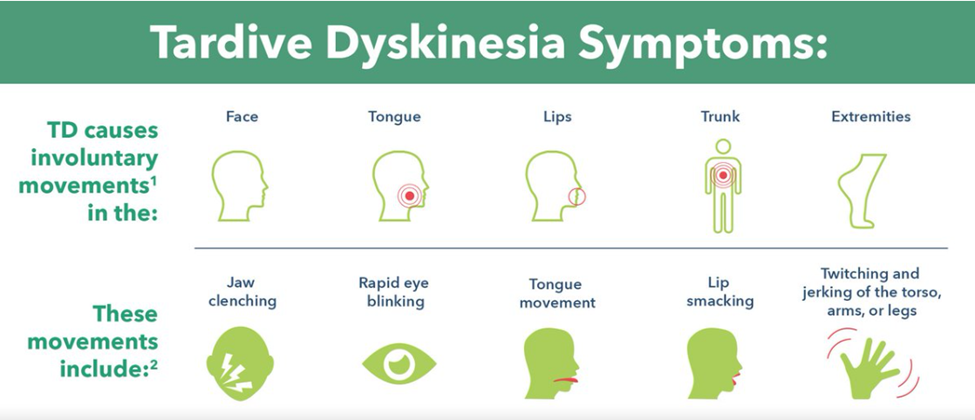A client in a children's mental health behavioral center says, "I got five tickets today!" The nurse knows giving tickets to children for good behavior and not giving them for poor behavior is which type of therapy?
Individual psychotherapy
Reality Therapy
Cognitive Therapy
Behavioral therapy
The Correct Answer is D
A. Individual psychotherapy: Individual psychotherapy typically focuses on exploring and addressing individual thoughts, feelings, and behaviors through therapeutic techniques such as talk therapy. It does not specifically involve the use of rewards or consequences for behavior modification, as seen in the scenario of giving tickets for good behavior.
B. Reality Therapy: Reality Therapy, developed by William Glasser, emphasizes personal responsibility and choices. It involves setting specific goals and evaluating behaviors in relation to these goals. In the context of the scenario, giving tickets for good behavior and not giving them for poor behavior aligns with Reality Therapy's focus on consequences and choices.
C. Cognitive Therapy: Cognitive Therapy focuses on identifying and changing negative thought patterns and beliefs that contribute to emotional distress and maladaptive behaviors. While it may incorporate behavioral techniques, such as behavioral activation, it primarily targets cognitive processes rather than directly using rewards or consequences for behavior modification.
D. Behavioral therapy: Behavioral therapy, including approaches like Applied Behavior Analysis (ABA), focuses on modifying behaviors through reinforcement (positive or negative) and shaping behavior using rewards or consequences. Giving tickets for good behavior and withholding them for poor behavior reflects a behavioral approach to therapy.
Nursing Test Bank
Naxlex Comprehensive Predictor Exams
Related Questions
Correct Answer is D
Explanation
A. Akathisia: Akathisia is a side effect of antipsychotic medications characterized by restlessness, agitation, and a strong urge to move. It is not typically associated with tongue protrusion, lip smacking, or rapid eye blinking.
B. Neuroleptic malignant syndrome: Neuroleptic malignant syndrome is a rare but serious reaction to antipsychotic medications, characterized by fever, muscle rigidity, altered mental status, and autonomic dysfunction. It is not associated with the specific symptoms described in the scenario.
C. Dystonia: Dystonia is a movement disorder characterized by sustained or repetitive muscle contractions, leading to abnormal postures or repetitive movements. It can occur as a side effect of antipsychotic medications but typically presents differently from the symptoms described in the scenario.
D. Tardive dyskinesia: Tardive dyskinesia is a chronic syndrome characterized by involuntary, repetitive movements of the face, tongue, and other body parts. It is associated with long-term use of conventional, first-generation antipsychotic medications. Symptoms can include tongue protrusion, lip smacking, rapid eye blinking, and other abnormal movements.

Correct Answer is D
Explanation
A. Cognitive therapy:
Cognitive therapy is a type of psychotherapy that focuses on identifying and changing negative thought patterns and beliefs that contribute to emotional and behavioral issues. While cognitive therapy can be beneficial for addressing cognitive distortions and maladaptive thinking, it is more individual-focused and may not provide the group dynamics and social learning opportunities offered by milieu therapy.
B. Reality therapy:
Reality therapy is a therapeutic approach that emphasizes personal responsibility, choice, and action to address current problems and meet basic needs. While reality therapy focuses on individual accountability and decision-making, it may not specifically target group interactions and social skill development as milieu therapy does.
C. Dialectical behavioral therapy (DBT):
Dialectical behavioral therapy is a type of cognitive-behavioral therapy that combines elements of cognitive therapy and mindfulness techniques to help individuals regulate emotions, improve interpersonal skills, and manage distress. While DBT includes group skills training components, its primary focus is on individual therapy sessions and may not provide the same emphasis on group interactions and social learning as milieu therapy.
D. Milieu therapy.
Milieu therapy focuses on creating a therapeutic environment or community where clients can interact and engage in activities that promote positive social behaviors and enhance basic living skills. In milieu therapy, clients participate in group activities, social interactions, and structured routines designed to improve their communication skills, socialization, and daily living skills. The goal of milieu therapy is to create a supportive and structured environment that facilitates learning, socialization, and behavior change within a group setting.
Whether you are a student looking to ace your exams or a practicing nurse seeking to enhance your expertise , our nursing education contents will empower you with the confidence and competence to make a difference in the lives of patients and become a respected leader in the healthcare field.
Visit Naxlex, invest in your future and unlock endless possibilities with our unparalleled nursing education contents today
Report Wrong Answer on the Current Question
Do you disagree with the answer? If yes, what is your expected answer? Explain.
Kindly be descriptive with the issue you are facing.
